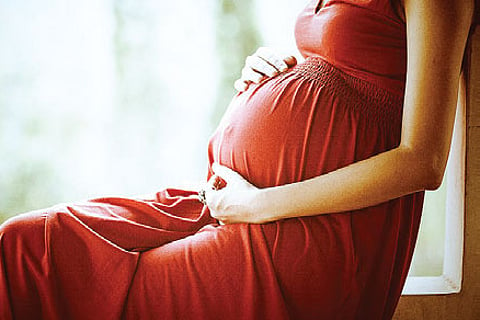

LONDON: If you thought when you would have your first kid strictly depends on your personal choices or social circumstances, think again! Researchers have found that there is also a biological basis for reproductive behaviour.
The study identified 12 specific areas of the DNA sequence that are robustly related with the age at which we have our first child, and the total number of children we have during the course of our life.
"Our genes do not determine our behaviour, but for the first time, we have identified parts of the DNA code that influence it," said study first author Nicola Barban from the University of Oxford.
The findings are based on an analysis of 62 datasets with information from 238,064 men and women for age at first birth, and almost 330,000 men and women for the number of children.
"For the first time, we now know where to find the DNA areas linked to reproductive behaviour. For example, we found that women with DNA variants for postponing parenthood also have bits of DNA code associated with later onset of menstruation and later menopause," lead author Melinda Mills, Professor at the University of Oxford, said..
Until now, reproductive behaviour was thought to be mainly linked to personal choices or social circumstances and environmental factors.
"One day it may be possible to use this information so doctors can answer the important question: 'How late can you wait?' based on the DNA variants," Mills noted.
The researchers, however, added that having a child still strongly depends on many social and environmental factors that will always play a bigger role in whether or when we have babies.
The study, published in the journal Nature Genetics, showed that DNA variants linked with the age at which people have their firstborn are also associated with other characteristics reflecting reproduction and sexual development, such as the age at which girls have their first period, when the voice breaks in boys, and at what stage women experience their menopause.
The researchers believe that in some cases when the variants are combined, they can be used to predict the probability of women remaining childless.